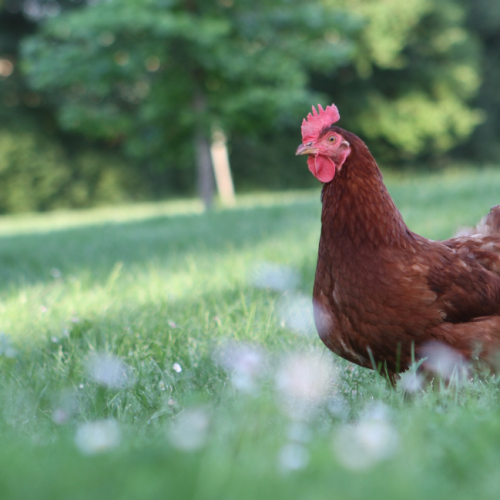Do you know the carbon footprint of your protein?
Kristin Toussaint
If you want to reduce your personal carbon footprint, you might trade in a car trip for a ride on public transit, or swing by a second-hand clothing store rather than buy fast fashion. You might also take a closer look at what you eat.
Food production accounts for one-quarter of global greenhouse gas emissions, and the meat and dairy industries are a big reason why. But if you aren’t ready or willing to give up meat—which could halve the carbon footprint of your diet in one fell swoop—should you consume “sustainable” animal options, change what kinds of meat you’re eating, or just opt for fewer meat-filled meals?

Hannah Ritchie, an environmental researcher at Our World In Data, an online science publication associated with the University of Oxford, sought to answer that exact question. She found that eating less meat is nearly always a better environmental choice, but the choice of meat and where that meat is sourced from matters. Eating plant-based protein, though, makes the biggest difference—no matter where your beans and tofu come from.
Even the most sustainable meat and dairy producers have a bigger carbon footprint than the worst plant protein manufacturers. “So even your tofu shipped to you across the world and wrapped in plastic will have a lower footprint than meat".










